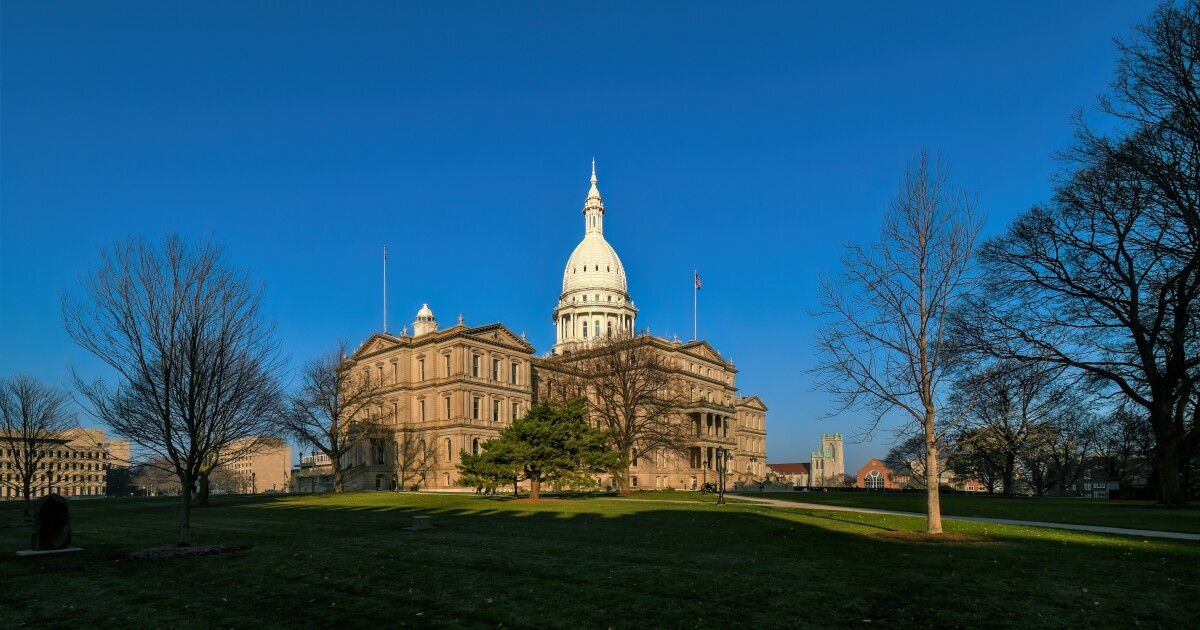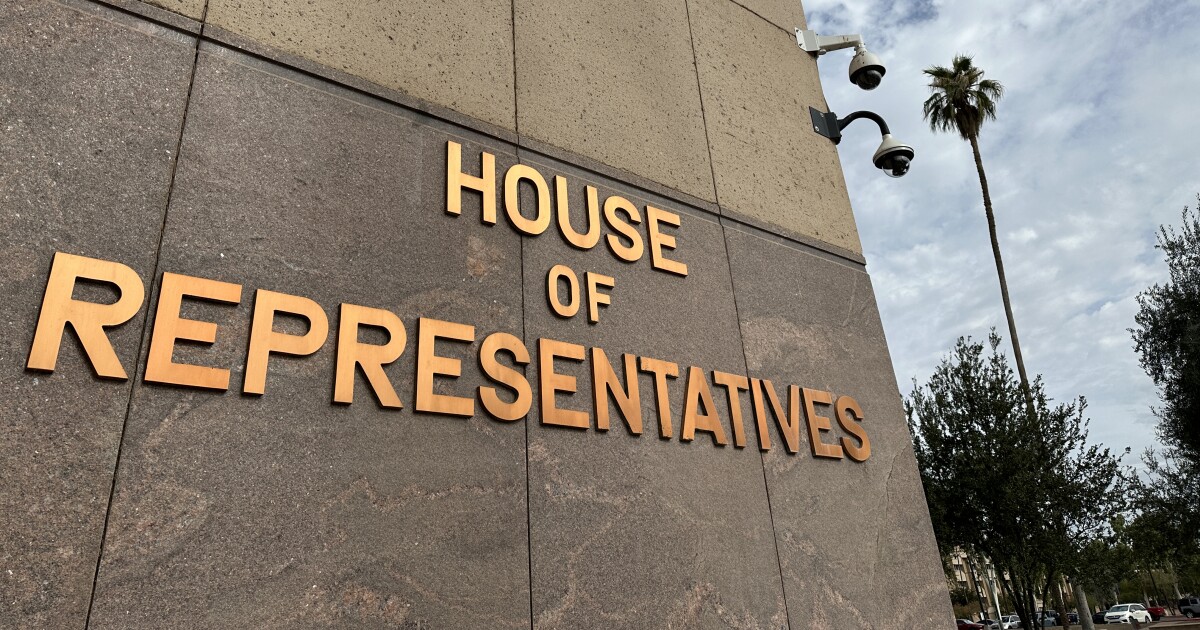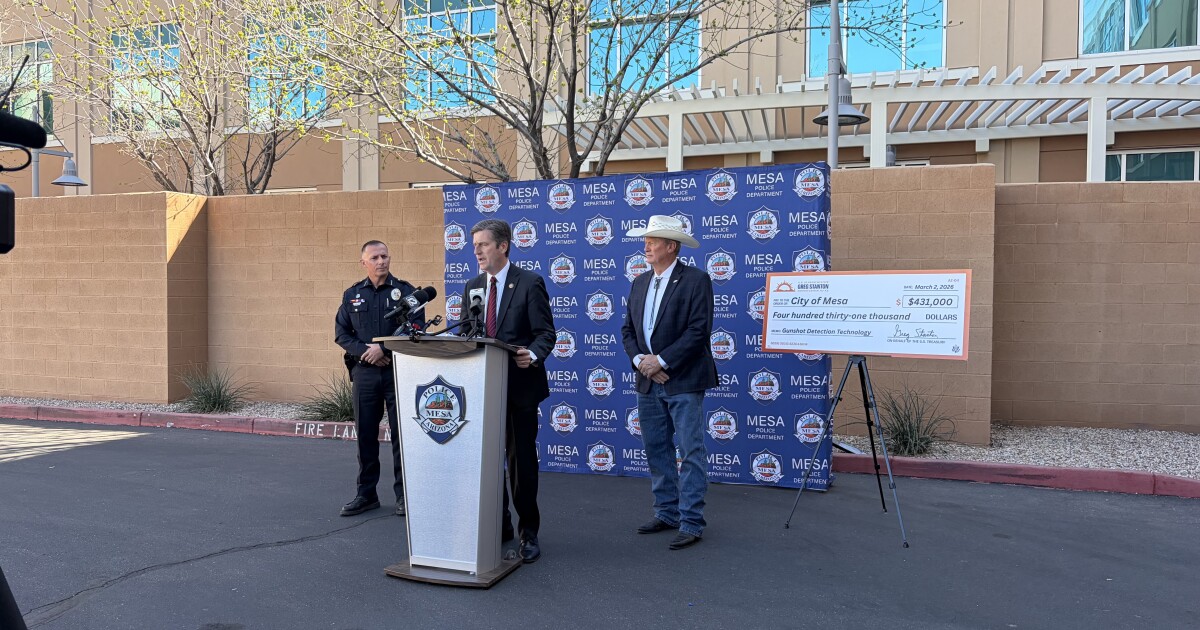Article Summary –
Federal cuts to Medicaid, amounting to over $1 trillion over the next decade, will negatively impact Wisconsin residents, including expecting mothers and rural communities, by leading to hospital closures and increased burdens on urban hospitals. Dr. Chris Ford and other health care officials warn that these cuts will exacerbate existing health care access issues, causing delays and increased costs, particularly affecting vulnerable populations like women and children, with nearly half of Medicaid coverage in Wisconsin being for children. As Medicaid recipients and health care providers anticipate the fallout, individuals like Jessica Seawright highlight the potential financial strain on families reliant on Medicaid and the broader implications for health care access across communities.
Federal Medicaid cuts will impact all Wisconsin residents, asserts a Milwaukee emergency department physician. The repercussions will affect pregnant women, vulnerable populations, and rural areas facing hospital closures, while urban hospitals shoulder increased burdens.
In July, President Donald Trump signed a bill to cut over $1 trillion from Medicaid over the next decade, altering work requirements and paperwork for recipients. According to Wisconsin Medicaid Director Bill Hanna, these changes could render up to 63,000 residents ineligible for Medicaid.
Wisconsin health officials believe the legislation will exacerbate an already challenged system for patients and communities.
“Patients delay essential treatments due to inadequate health care coverage. Too many are slipping through the cracks and now, with more Medicaid cuts, it will only worsen,” said Dr. Chris Ford at an Aug. 19 press conference with Protect Our Care, a nonprofit advocating for affordable health care. Ford, an emergency medicine doctor in Milwaukee, is also part of the Committee to Protect Health Care.
“Everyone except the billionaires,” Ford remarked, “will bear the cost of this bill.” He highlighted that Medicaid cuts would impact both urban and rural communities in Wisconsin.
Medicaid reductions might force the closure of clinics and hospitals, creating health care deserts, especially in rural areas.
“Many don’t know that labor and delivery units will be among the first cut,” Ford stated. “Expecting mothers will have to travel far distances for basic maternity care.”
Protect Our Care released a map highlighting at-risk hospitals nationwide, including facilities in Manitowoc, Osseo, and Stanley, Wisconsin.
“I’ve witnessed the impact on rural communities when hospitals close. These facilities are community pillars, providing for the vulnerable,” Ford said.
If more rural facilities shut down, Ford warned, patients would travel farther for care, and already crowded urban hospitals would face more pressure. This would lead to higher health care costs as hospitals cover unreimbursed treatments, increasing expenses for everyone.
Medicaid recipients, like Milwaukee resident Jessica Seawright, who depends on Medicaid for her son with cerebral palsy, fear financial strain from the cuts.
“Since our pediatrician’s referral, we coordinate medical services daily. With cuts, our family will struggle with out-of-pocket expenses,” Seawright shared.
Seawright, a social work researcher, worries that costs will rise for her family and clients, noting that families already travel far for care.
“Having local options means parents can return home at night and adult children can support their parents,” she explained.
Ford noted that a significant number of Medicaid beneficiaries are women and children. A 2023 March of Dimes report shows that over 41% of moms nationwide and nearly 35% in Wisconsin had Medicaid during childbirth. Almost half of Wisconsinite children rely on Medicaid for health coverage.
“I see these patients daily in the emergency department. These Medicaid cuts are the largest in U.S. history and are unacceptable,” Ford stressed.
Ford voiced his concerns about the bill’s tangible effects on his patients.
“I worry about the implications for Wisconsin patients if our hospitals close. Despite my fears, I’m determined to raise awareness. We should all demand these cuts be reversed before communities lose essential care,” Ford concluded.
—
Read More Wisconsin News









